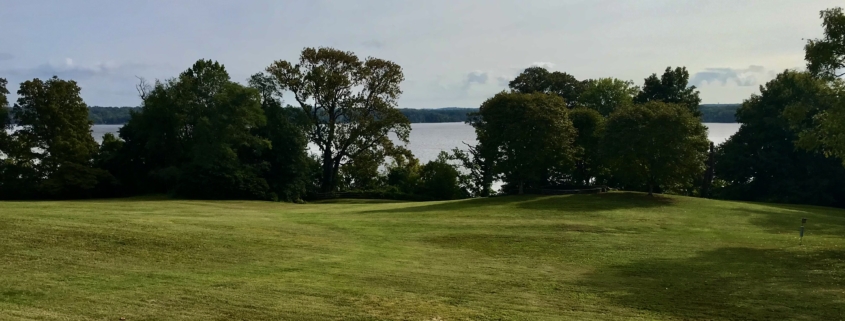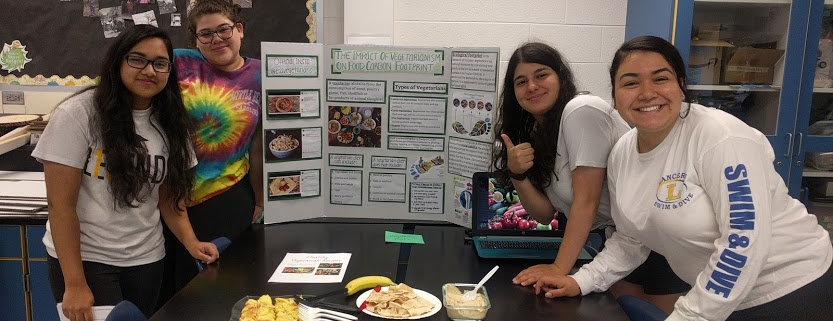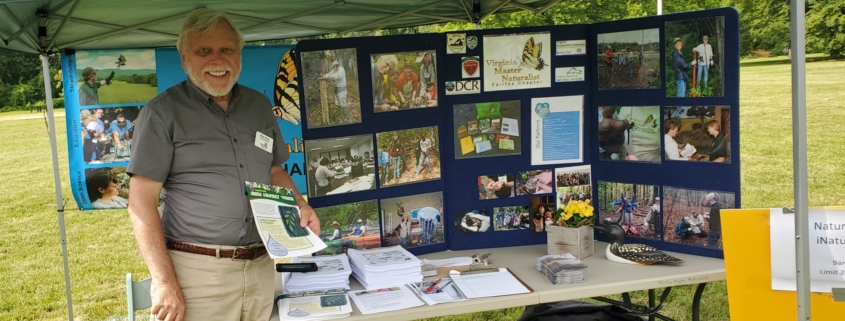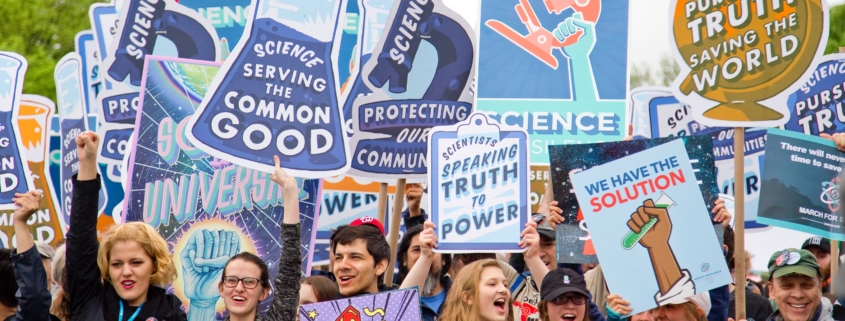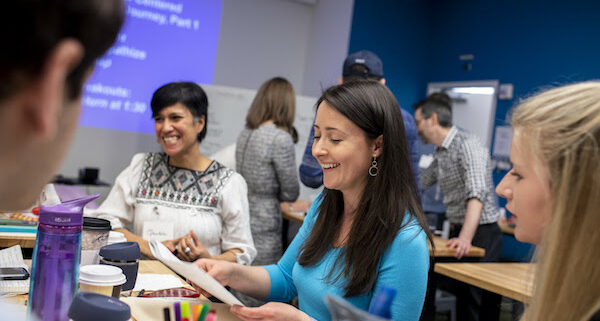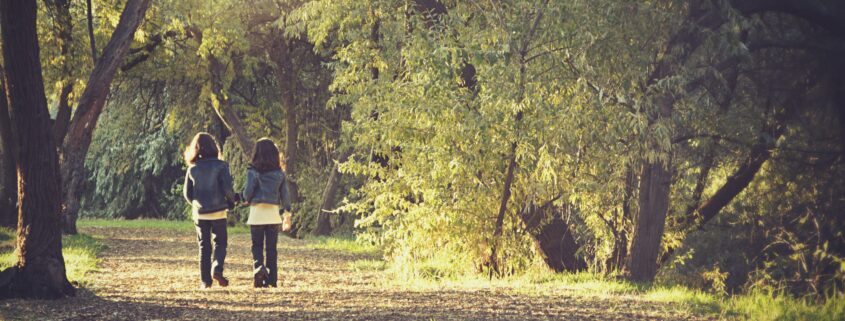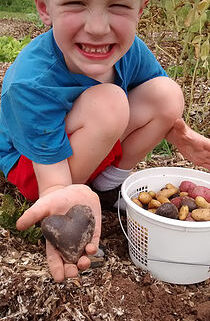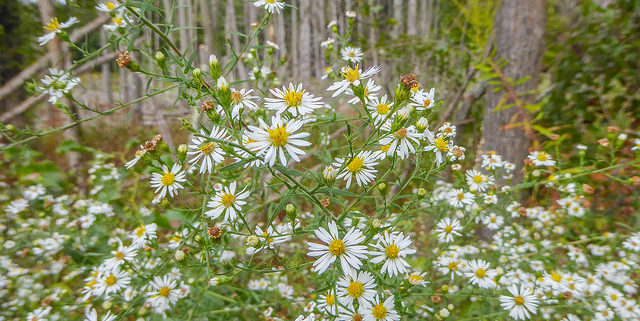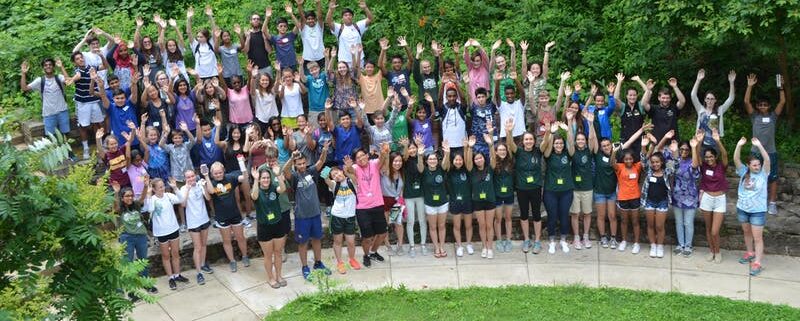AHS – Projects and Partnerships
Article by FMN Susan Farmer
Fairfax Master Naturalists chapter is partnering with the American Horticultural Society (AHS) at their River Farm location in Fairfax County. River Farm is a beautiful 27-acre property located along the George Washington Parkway overlooking the Potomac River that has been AHS headquarters since 1973. The River Farm location is one of George Washington’s original five farms.
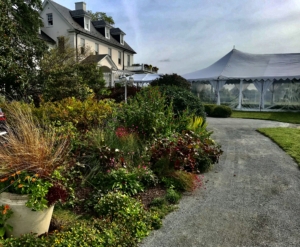
AHS headquarters – photo Jerry Nissley
Members of Virginia Master Naturalists, Fairfax Chapter (FMN) will provide volunteers in support of AHS activities as well as promote awareness of AHS educational opportunities inline with the FMN mission.
To help celebrate their 50th year at River Farm, AHS initiated several new projects in 2023. With the help of volunteers, River Farm is replacing the old azalea garden with 2400 native plants, converting a large lawn into a native meadow, renewing all the bluebird boxes, building a greenhouse, and creating an accessible path through the wooded area to the riverfront. FMN will be working with other AHS volunteers and staff to fulfill their vision.
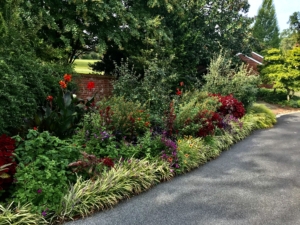
AHS Border garden – photo Jerry Nissley
FMN created three project codes to cover AHS Stewardship projects, Educational programs, and Citizen Science opportunities.
S275: Stewardship Projects at American Horticultural Society River Farm
E275: Educational Projects at American Horticultural Society River Farm
C275: Citizen Science Projects at American Horticultural Society River Farm
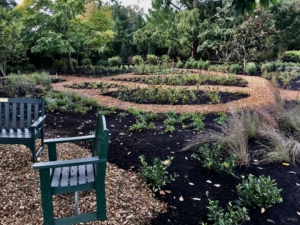
AHS formal garden – photo Jerry Nissley
Two opportunities on the top of their list for FMN are the removal of invasive vines to prep for native plantings and to re-establish their bluebird trail. The Invasive Vine Removal Program will be on consecutive Saturday mornings beginning October 7th. Help restructuring the bluebird trail and then subsequently monitoring the boxes will start very soon. FMN Susan Farmer has volunteered to be the FMN liaison for all projects at River Farm.
If you would like to get involved at this national showcase for gardening and horticultural practices along gorgeous river front property, please contact Susan at susanfarmer6365@gmail.com
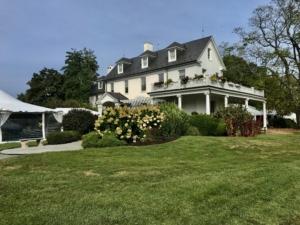
AHS HQ view from River side – photo Jerry Nissley


